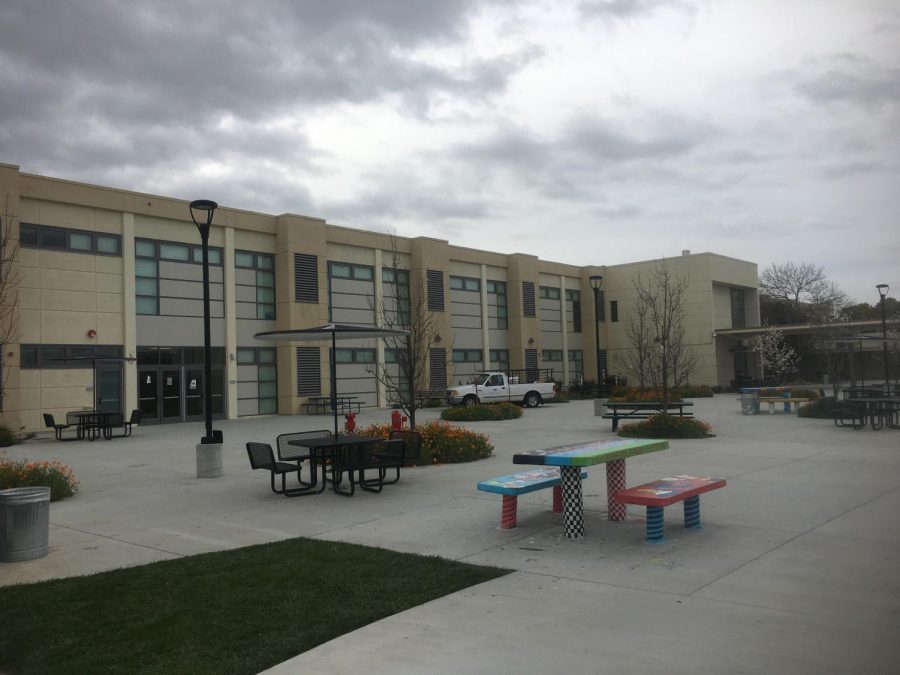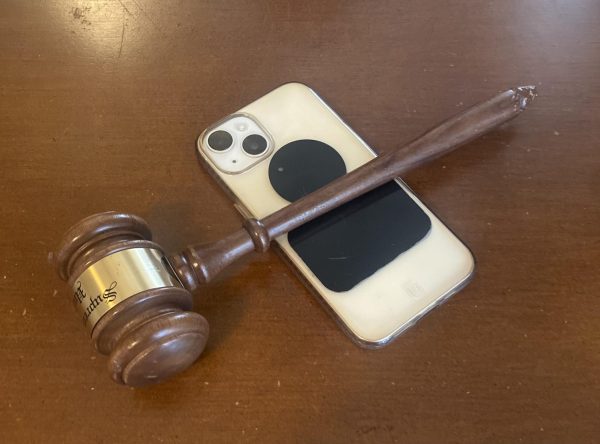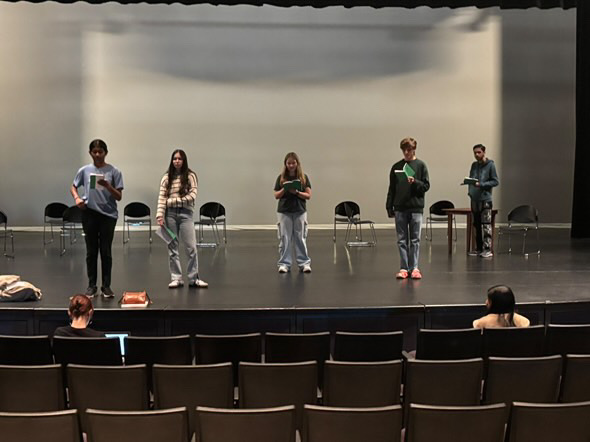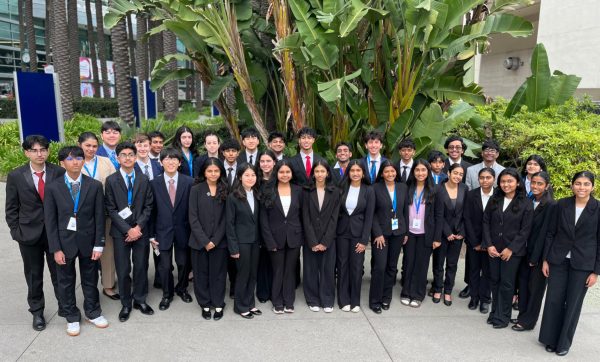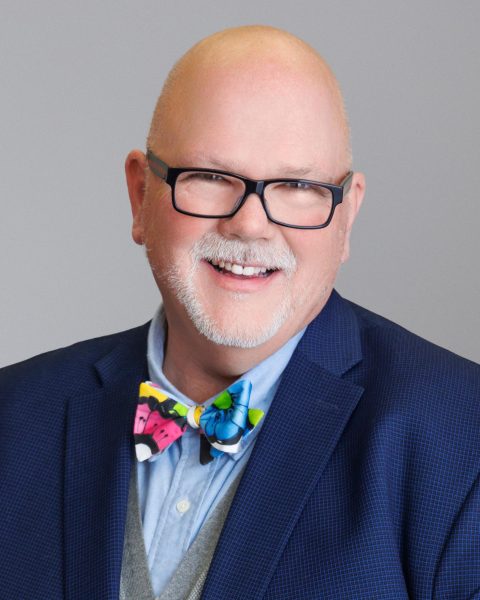Classifying Consent Through RealYou
Through Anea Bogue’s REALyou presentation, students will be equipped with the information to create a culture of consent at Wilcox.
Ever since the #MeToo movement became a big issue, many people have brought up the notion that the reason sexual harassment and sexual assault occurs is due to ignorance and the current culture of society. Many schools around the United States have started to make an effort to teach the concept of consent to their students, including our own. The RealYou presentation was provided to all Wilcox students in order to inform people about how to create a culture of consent at our school and our community.
The RealYou presentation was given by Anea Bogue, an author and life coach. She is the founder of the camp and program REALgirl, where Bogue and other instructors strive to “help end gender inequality by fostering the ability of girls to discover their truest selves and develop the skills, knowledge, confidence and courage they need to consistently make informed life-choices from a place of self-knowledge, self-love and strength.” The main focus of the presentation was consent and how to foster consent in not only sexual situations but in everyday life. With the term rape culture being used more and more frequently, Bogue emphasized the importance of creating a culture of consent between friends, family, and others. The presentation began with Bogue defining consent as “an informed and conscious decision by each participant to enthusiastically engage in a mutually agreed-upon activity THROUGHOUT the activity.” She gave different examples, such as asking to borrow a friend’s dress to show how consent should be applied to all facets of life not just sexual activities. She further remarked how by incorporating consent into our daily lives, it would be easier to recognize consent in sexual situations. The presentation also consisted of clear definitions of sexual harassment, sexual coercion, sexual assault, and rape. At the end of the presentation, students took part in a quiz and answered what they should do in certain scenarios.
Wilcox teachers also had the presentation presented to them and Mr. Contreras stated, “I thought it was a good presentation for students to have and receive that information mostly because I feel like you guys have an idea of what different terms mean and what constitutes harassment, but sometimes you need to clearly hear, ‘Doing this is harassment,’ when someone says no they actually mean no, and that silence doesn’t mean consent. From a young age you really need to hear that so it’s really ingrained in your head.” Regarding the presentation specifically, Mr. Contreras noted that the format was probably not the most effective: “I’m used to PowerPoints; I’m used to getting information that way. But I feel like some of the students didn’t have the stamina to get through all of it.” In regards to how teachers should use the information from the presentation in the classroom, Mr. Contreras commented, “I think that if a situation does come up in a classroom where someone is not being treated correctly or someone is unaware that they are treating someone else incorrectly that teachers should use that like, ‘Hey remember what we talked about in the presentation,’ and to tie that in together.”
There were mixed reactions amongst Wilcox students. Junior Christine Tran commented, “I thought [the presentation] was pretty good, I liked how she showed how teaching consent and teaching people what a good relationship is can change society overall. It had a bigger message than just teaching kids about consent.” Junior Ashley Wen said, “[The presentation] was interesting because it used real life stories rather than just giving facts.” Others felt that the presentation was lacking in relevance. Senior Ryota Asano stated, “I felt like everything was common sense and it felt unnecessary,” and junior Nick Reyes said “I think that the presentation last year was better because it included laws, which is a good scare tactic.” Last year’s sexual harassment talk was presented by police officers and it was more focused on the legal consequences of sexual assault and sexting. Sophomore Kei Matsumoto commented, “It was useful but I felt like a lot of kids didn’t take it seriously.” Senior Ethan Roland remarked, “I feel like a lot of people started to make fun of it because it was super unrelatable but now people started talking about consent naturally, so when it comes to an actual dangerous situation, the presentation could actually have an effect.” Another student mentioned, “While it was highly informational, the way she portrayed how teenagers act in the scenarios was overdramatic.”
Whether this kind of presentation will be shown every year is yet to be decided, but it is certainly a step towards making sure students are informed so that they can make smart decisions in the future.

